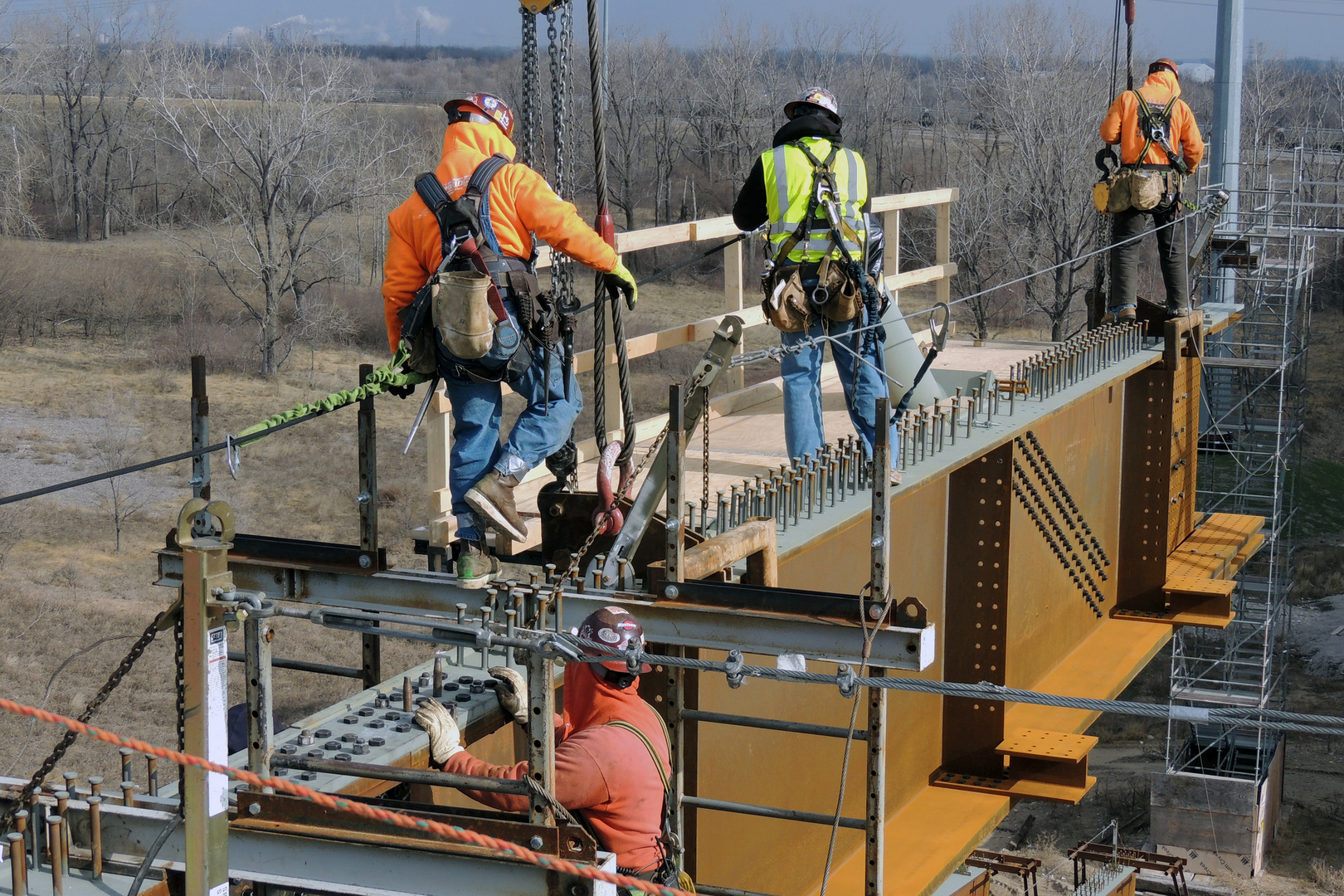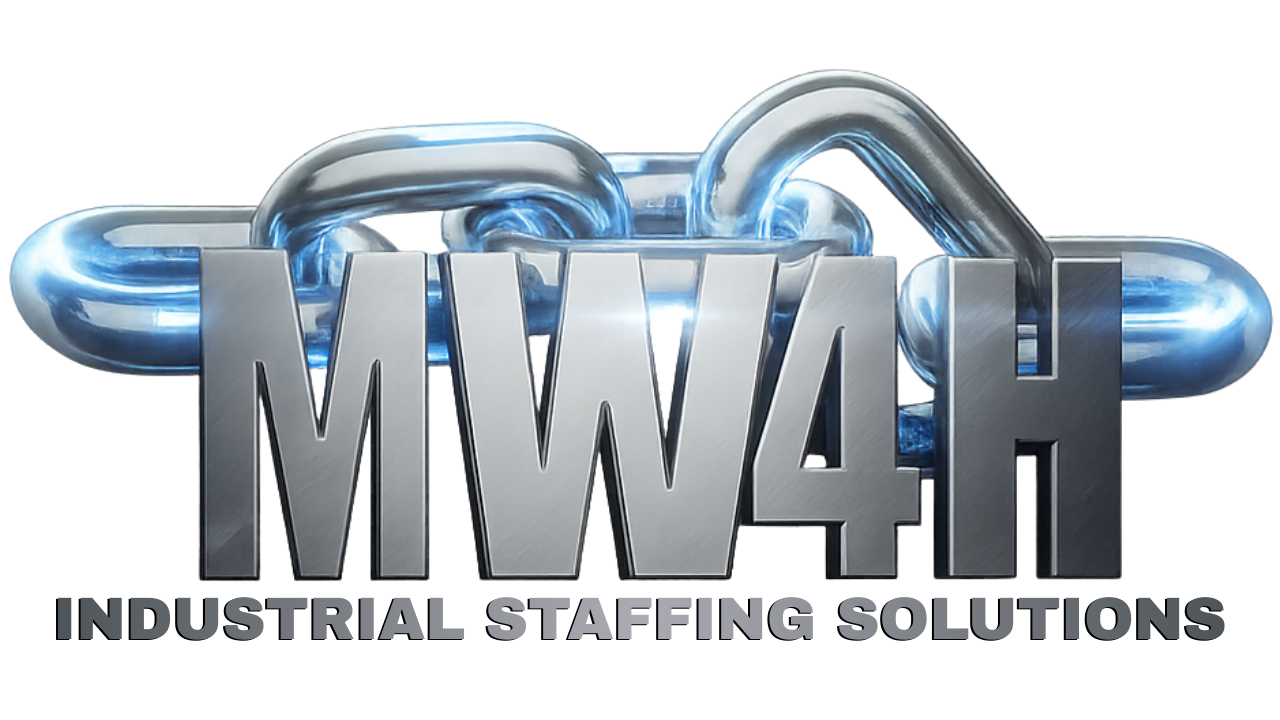



The oil and gas industry is a critical part of the global economy, powering transportation, manufacturing, and a variety of other sectors. Oilfields, where crude oil and natural gas are extracted, are at the core of this industry. However, managing workforce needs in these often remote, high-demand environments can be a significant challenge for oil and gas operators. A skilled, reliable, and flexible workforce is essential to ensuring the safety, efficiency, and profitability of oilfield operations. Yet, finding the right employees, managing turnover, and responding to fluctuating labor demands can be daunting tasks.
Oilfield staffing services have emerged as a vital solution to these challenges. These services help companies source, manage, and deploy skilled labor quickly and efficiently, allowing oilfield operators to remain agile and focused on their core business activities. This article delves into the challenges of managing workforce needs in the oilfield, the benefits of using oilfield staffing services, how these services operate, and the future trends in oilfield staffing.
Oilfield operations present a unique set of workforce management challenges, largely due to the nature of the work itself. The oil and gas industry requires specialized skills, often in remote or harsh environments, with varying workforce demands. Some of the key challenges include:
1. Skills Shortages
The oilfield workforce needs highly skilled workers in a range of technical fields, including drilling, geophysics, geology, and safety management. These workers must have a deep understanding of complex equipment and the ability to troubleshoot problems in real time. However, there is often a shortage of qualified workers, especially in niche areas such as deep-water drilling or hydraulic fracturing, which makes recruiting and retaining skilled talent a significant hurdle.
2. High Turnover Rates
The oilfield industry experiences high turnover rates, as workers are often transient and may relocate for higher-paying opportunities. The cyclical nature of the industry, with periods of boom and bust, exacerbates this issue. In times of boom, companies may face a sudden influx of work that requires more workers, while during bust periods, they need to reduce their workforce, creating a cycle of hiring and layoffs.
3. Safety and Compliance
Oilfield operations are inherently hazardous, with workers exposed to risks such as toxic chemicals, high-pressure systems, and heavy machinery. Compliance with safety regulations is critical to ensuring worker safety, and this requires training and monitoring. Staffing companies need to provide workers who not only have the technical expertise but also possess a strong commitment to safety and adhere to industry standards and legal requirements.
4. Seasonal and Project-Based Demand
The oil and gas industry often experiences fluctuations in demand based on project schedules, seasonal conditions, and commodity prices. These fluctuations can make workforce planning difficult, as oilfield operators must ensure they have enough workers to meet peak demand while avoiding the costs associated with underutilized labor during slow periods. Managing this balance requires flexibility and scalability, which can be challenging for companies without access to external staffing solutions.
5. Geographic and Logistical Challenges
Oilfields are frequently located in remote or difficult-to-reach areas, such as offshore platforms, deserts, or Arctic regions. This makes recruitment and retention more difficult, as workers must be willing to travel long distances and work in challenging conditions. In addition, coordinating transportation, accommodation, and other logistical concerns can add complexity to workforce management.
Oilfield staffing services have become an essential tool for managing the workforce needs of the oil and gas industry. These services provide a range of benefits, including:
1. Access to a Skilled Talent Pool
One of the primary advantages of using oilfield staffing services is the ability to tap into a vast pool of skilled workers. Staffing agencies specialize in recruiting and vetting candidates with the necessary technical expertise and certifications for oilfield work. This helps oil and gas companies quickly find the right personnel for the job, without the need for lengthy recruitment processes or the risk of hiring underqualified candidates.
2. Flexibility and Scalability
Oilfield staffing services offer flexibility in workforce management, allowing companies to quickly scale their workforce up or down depending on project demands. This is particularly valuable during periods of high demand or when specific projects require additional workers. By using staffing services, oilfield operators can avoid the financial strain of maintaining a large permanent workforce during slow periods, while ensuring that they have enough skilled labor when needed.
3. Reduced Recruitment and Training Costs
Recruiting and training new employees can be costly and time-consuming. Staffing agencies streamline this process by pre-screening candidates and providing workers who are already trained and ready to perform their tasks. This reduces the need for in-house recruitment efforts and lowers the cost of onboarding and training new employees. Moreover, staffing agencies often provide workers who are already familiar with industry safety standards, which helps reduce the risk of workplace accidents and regulatory violations.
4. Improved Safety and Compliance
Staffing agencies in the oilfield industry place a strong emphasis on safety and compliance with regulatory standards. They ensure that workers have the necessary safety certifications and provide ongoing training to keep them up to date with industry regulations. This reduces the risk of accidents and ensures that oilfield operators remain in compliance with local, national, and international safety standards.
5. Time Savings
By partnering with staffing services, oilfield companies can save significant amounts of time in the hiring and onboarding process. Staffing agencies handle much of the administrative work, such as recruitment, background checks, and paperwork, allowing oilfield operators to focus on their core operations. This leads to faster hiring, which is especially important in fast-paced, high-demand industries like oil and gas.
6. Reduced Legal and HR Risks
Staffing agencies can also mitigate legal and HR risks by managing the complexities of employment law, benefits administration, and other regulatory requirements. Staffing services ensure that workers are hired in compliance with labor laws, reducing the risk of lawsuits, fines, or other legal issues related to employment practices.
Oilfield staffing services typically operate as intermediaries between companies in need of workers and the skilled labor force available to fill those roles. Here's how the process generally works:
1. Client Consultation
The first step in the staffing process involves a consultation between the oilfield company and the staffing agency. The company communicates its specific needs, including the types of workers required, project timelines, required skills, and any special considerations (e.g., safety certifications, remote work capabilities, etc.).
2. Recruitment and Screening
Once the staffing agency has a clear understanding of the client's needs, they begin sourcing candidates. Staffing agencies often have extensive networks and databases of pre-vetted workers with the necessary skills and certifications for oilfield work. The agency will screen potential workers through interviews, background checks, reference checks, and safety training assessments to ensure they meet the client's requirements.
3. Deployment and Support
After identifying suitable candidates, the staffing agency deploys them to the oilfield operation. The staffing agency typically handles logistics, including travel arrangements, accommodation, and onboarding. During the deployment, the agency continues to provide support by monitoring the performance and well-being of the workers. In some cases, agencies also provide additional training or safety updates to ensure workers remain compliant with industry standards.
4. Ongoing Management and Evaluation
Staffing agencies stay engaged throughout the duration of the project, handling administrative tasks such as payroll, benefits, and performance management. They may also provide regular evaluations to ensure the workers are meeting the client's expectations. If necessary, the agency can make adjustments, such as replacing underperforming workers or adding additional staff.
Selecting the right oilfield staffing service is a crucial decision that can significantly impact the success of an oilfield operation. When evaluating potential staffing partners, companies should consider the following factors:
1. Industry Expertise
Choose a staffing agency that has extensive experience in the oil and gas industry. A staffing partner with a deep understanding of the technical and operational requirements of oilfield work will be better equipped to provide the right candidates.
2. Reputation and Track Record
Research the agency's reputation and track record. Look for reviews, testimonials, and case studies that demonstrate the agency's ability to deliver qualified workers on time and within budget. A staffing agency with a strong reputation in the industry is more likely to provide reliable, high-quality workers.
3. Safety and Compliance Standards
Safety should be a top priority. Ensure that the staffing agency has a robust safety program and can provide workers who meet regulatory compliance standards. The agency should have a clear process for vetting candidates' safety certifications and a strong focus on ongoing training.
4. Flexibility and Scalability
Consider the staffing agency's ability to scale its services according to your changing workforce needs. An ideal partner should be able to quickly adjust to the fluctuations in demand typical of the oil and gas industry.
5. Cost and Service Agreement
While cost is an important factor, it should not be the only consideration. Choose a staffing agency that provides a good balance of cost-effectiveness and quality. Ensure that service agreements are clear, with well-defined expectations for performance, timelines, and pricing.
As the oil and gas industry continues to evolve, so too will oilfield staffing services. Several trends are likely to shape the future of workforce management in this sector:
1. Technological Advancements
The integration of technology, including AI and automation, is likely to revolutionize the recruitment process, making it easier to match workers with job requirements. Additionally, technology will help enhance worker safety through the use of wearable devices, real-time monitoring, and predictive analytics.
2. Remote and Flexible Work Options
With increasing advances in technology, remote work may become more common in the oilfield industry, especially for roles that do not require physical presence on-site. Staffing agencies will need to adapt by offering workers with digital skills and providing more flexible work arrangements.
3. Sustainability and Green Energy
As the industry shifts toward more sustainable practices and investments in renewable energy, staffing services may increasingly focus on recruiting workers with expertise in green technologies, such as solar or wind energy, in addition to traditional oil and gas roles.
Managing workforce needs in oilfields is a complex challenge due to the specialized skills required, the fluctuating demand for labor, and the remote, hazardous environments in which oil and gas companies operate. Oilfield staffing services offer a valuable solution by providing skilled workers quickly and efficiently, ensuring flexibility, reducing recruitment and training costs, and supporting safety and compliance efforts. As the industry continues to evolve, staffing services will play an increasingly important role in helping companies manage workforce demands and maintain competitive advantages in a rapidly changing market. By selecting the right staffing partner, oil and gas companies can ensure they have the right talent in place to meet their operational goals and navigate the challenges of the oilfield environment.